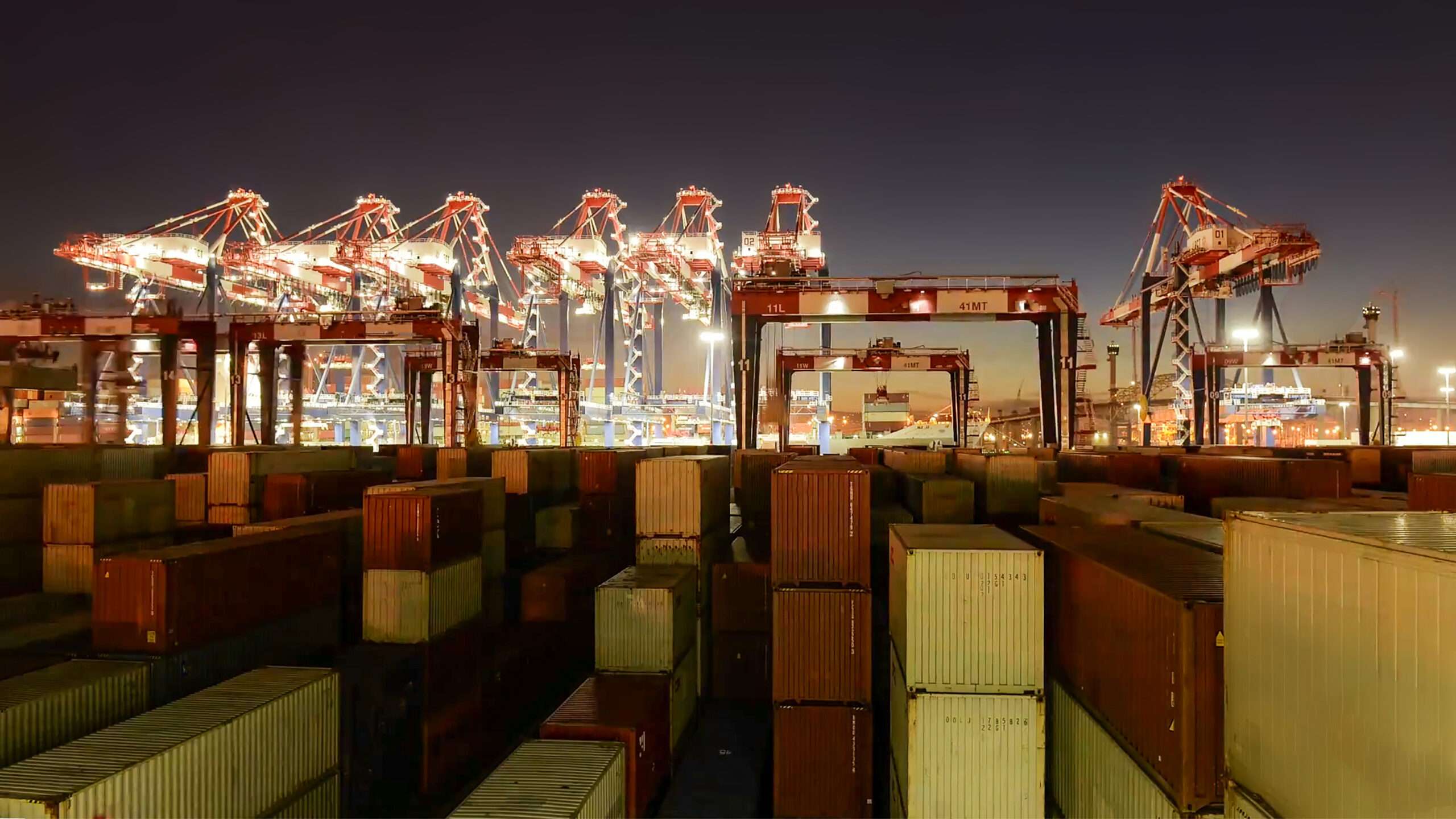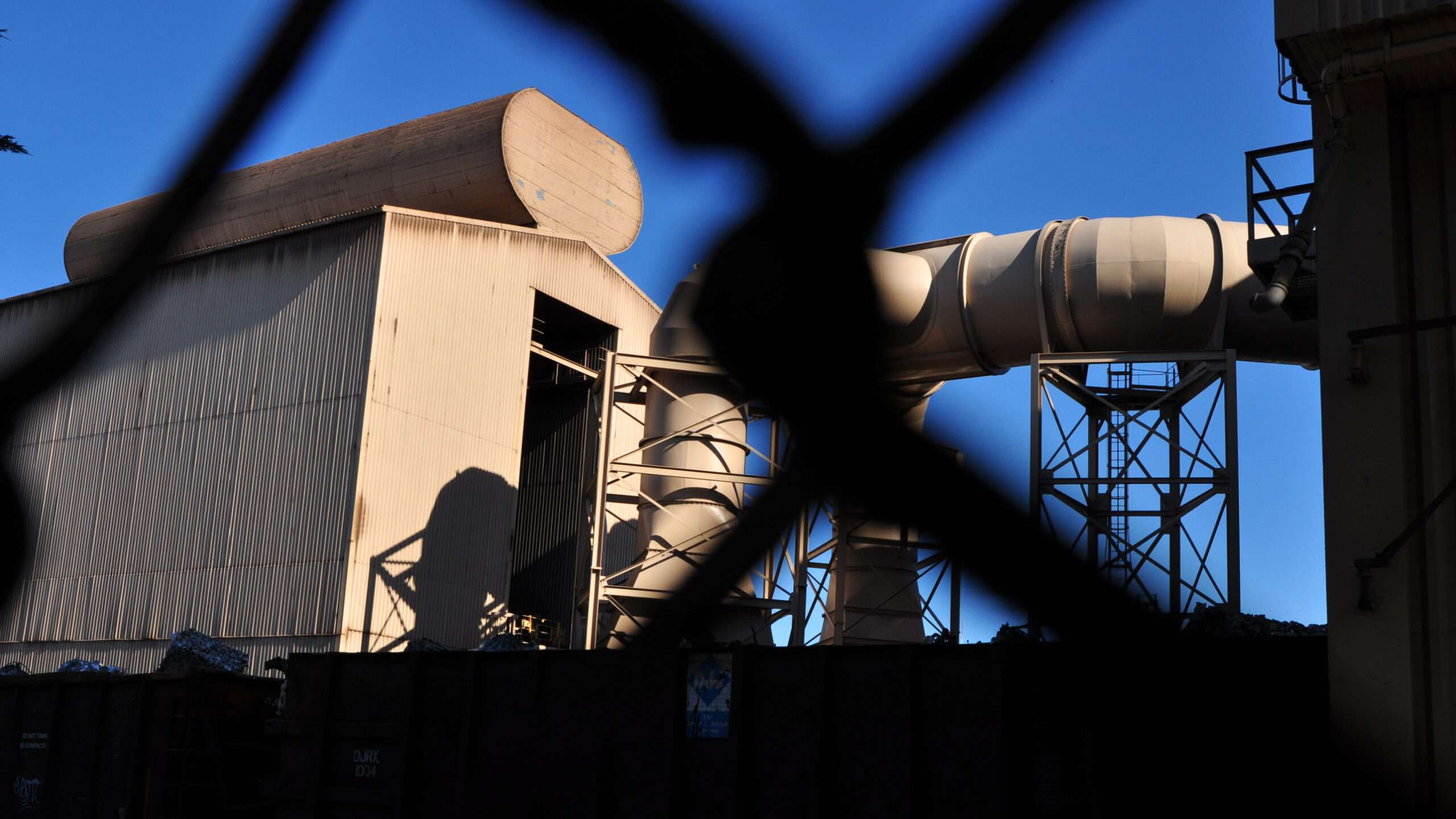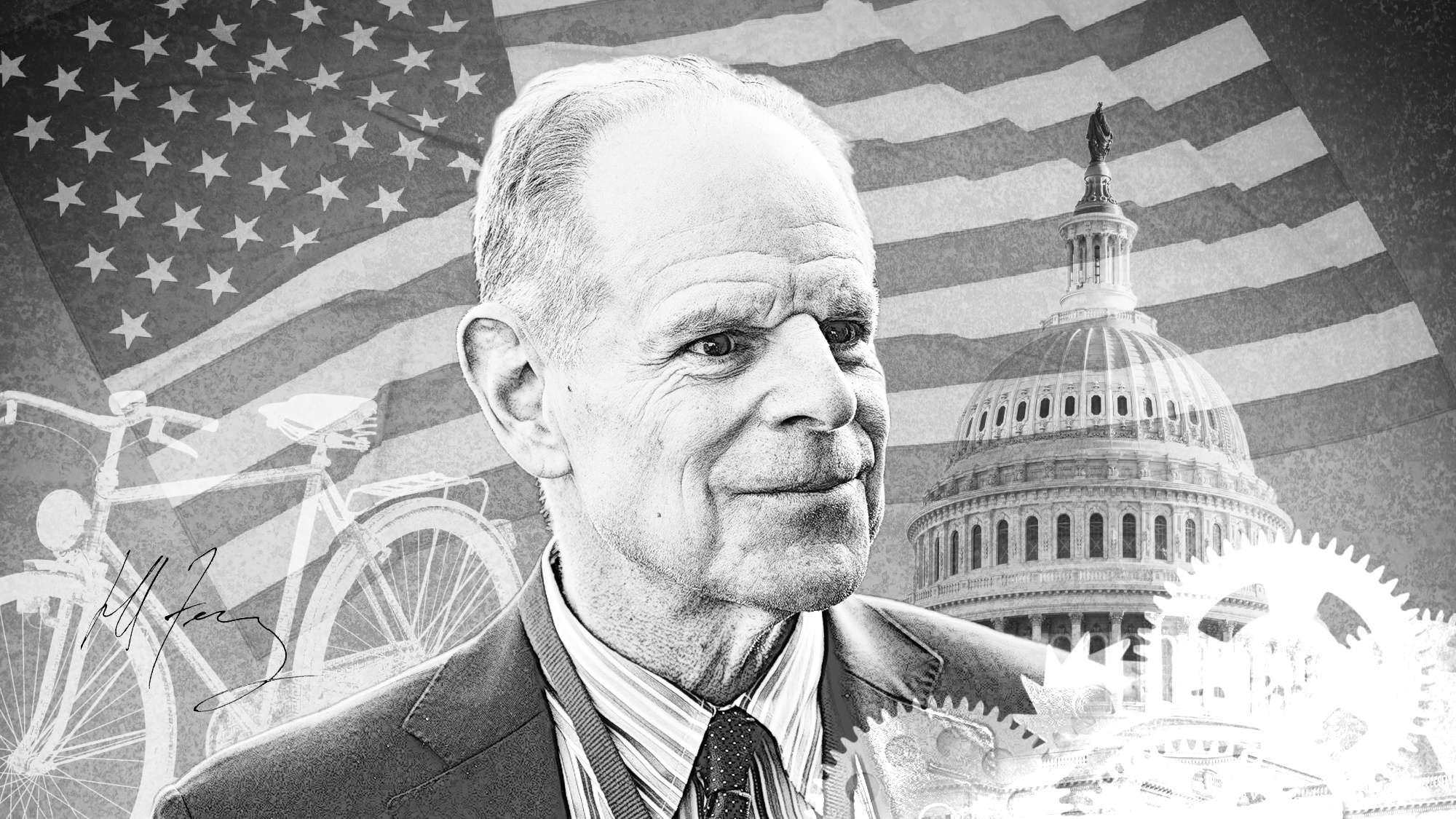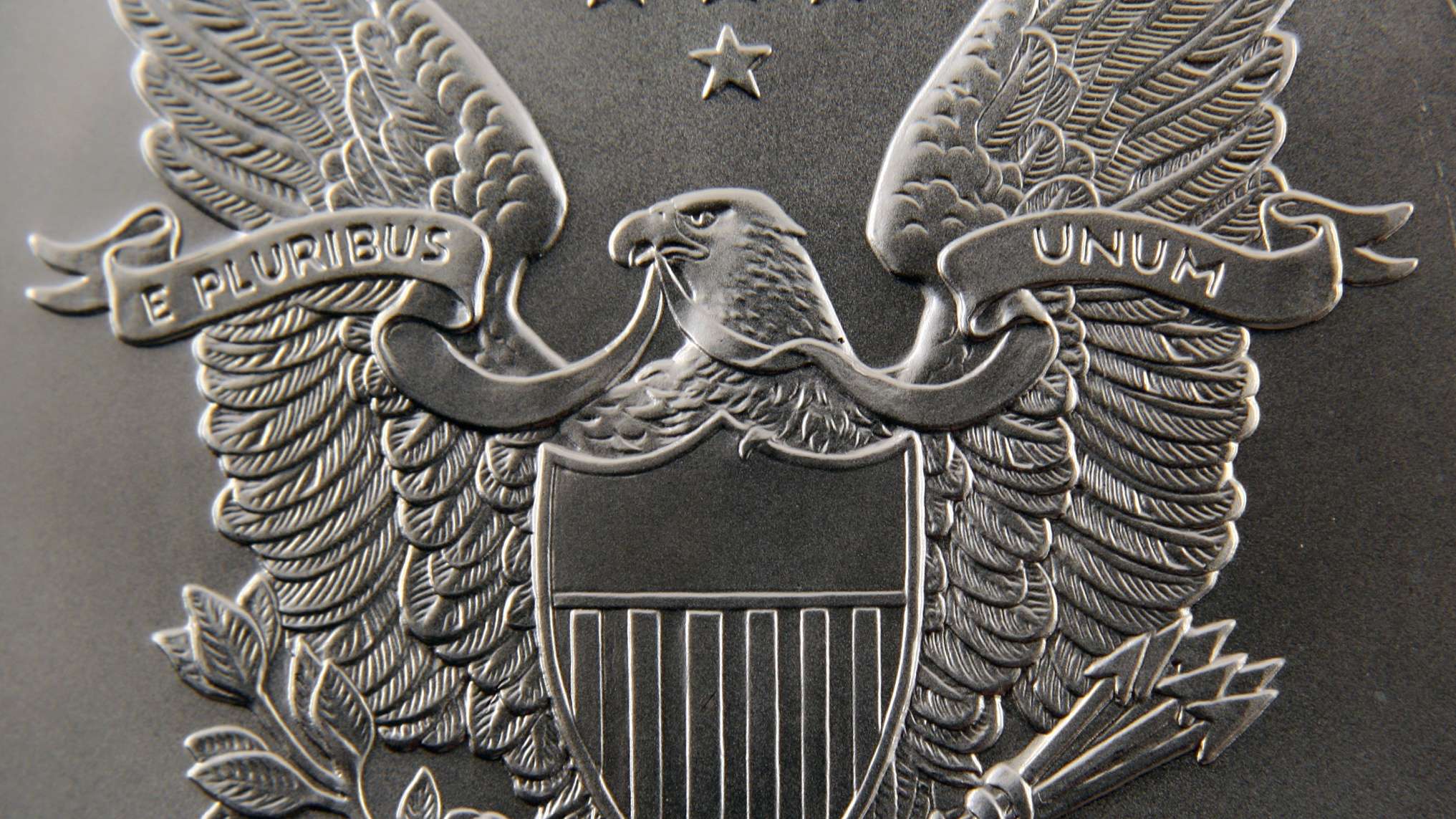
Dennis Blair used to lead US military and intelligence agencies. Now he advocates for Japan on trade.
The public relations departments of many global institutions have been in high gear recently, helpfully pointing out that the coming GOP majority and President Obama can agree on [job-killing, democracy-outsourcing] trade deals.
The recent installment is Dennis Blair who penned an op-ed placed in the NY Times in favor of the Trans-Pacific Partnership. Blair is the former director of national intelligence for the US and former chief of the US Pacific Command. He now writes for the Japan based and funded Sasakawa Peace Foundation as a board member.
He did not mention that most of the negotiations are about non-tariff and quota issues like Buy American, regulating financial services, immigration and other traditionally domestic policy areas. He did not mention that tariffs are already low among the TPP countries, so there’s not much to do there.
Instead, he recycles old arguments that other countries are looking at trade deals, so we must do it first or get crowded out. We heard that for many past deals… as an excuse to push any deal, no matter the details, and no matter who it benefited. Blair says that China is looking to push a “Beijing road map” at the Asia-Pacific Economic Cooperation meeting next week.
“Beijing has been pushing for a post-meetings declaration that will lock in its vision of free trade.”
This scare tactic works at times in Congress. But anyone who has been around for the past deals knows this is the same song, different verse.
Blair also recycles Michael Froman’s (US Trade Ambassador) talking points:
The T.P.P. would set high standards for regulatory systems, rules on intellectual property and fair competition — standards that China should aspire to but cannot currently meet.
Blair does not and cannot know whether the TPP has high standards in any area, because the Administration is keeping it secret for fear that people will find out what is really in it. We do know that the biggest foreign (and Chinese) mercantilist tactics will not be addressed – such as currency manipulation and foreign border taxes. Without those two items, no trade agreement can work for the US.
In other words, it is hard to see how the TPP can have an impact when negotiators refuse to address the top mercantilist and trade cheating issues that are killing our economy. We certainly don’t want to set that precedent… yet again.
We were promised that the rules-based system of trade at the WTO would discipline China and all these other countries that joined. It is a western-created system that would usher in a new era of growth. Now they say the WTO is failing, and we know that global trade imbalances are a tremendous problem because of unaddressed mercantilism and trade cheating.
So we should trust them again? We know that they are not dealing with the big problems. When the prior medicine causes more illness, the solution is not to take more of the same medicine.
Many formerly high level US government officials, especially from the US Trade Representatives office, now work for foreign interests. That is where you will find much of the most breathless advocacy for these trade deals.
But the truth is that we have a mercantilist enablement policy, not a free trade policy. The US drops its barriers and other countries either cheat or use other creative means to replace subsidies and tariffs that they agreed to reduce. The result is 40 straight years of US de-industrialization, trade deficits and job losses.
Our focus needs to be upon rebuilding US investment, jobs and productive capacity through supply chain growth. We still innovate, but we need to produce more of those innovations here to balance trade and achieve surplus.













